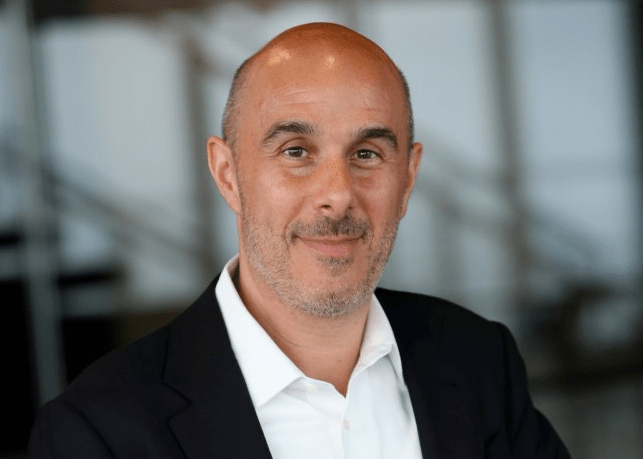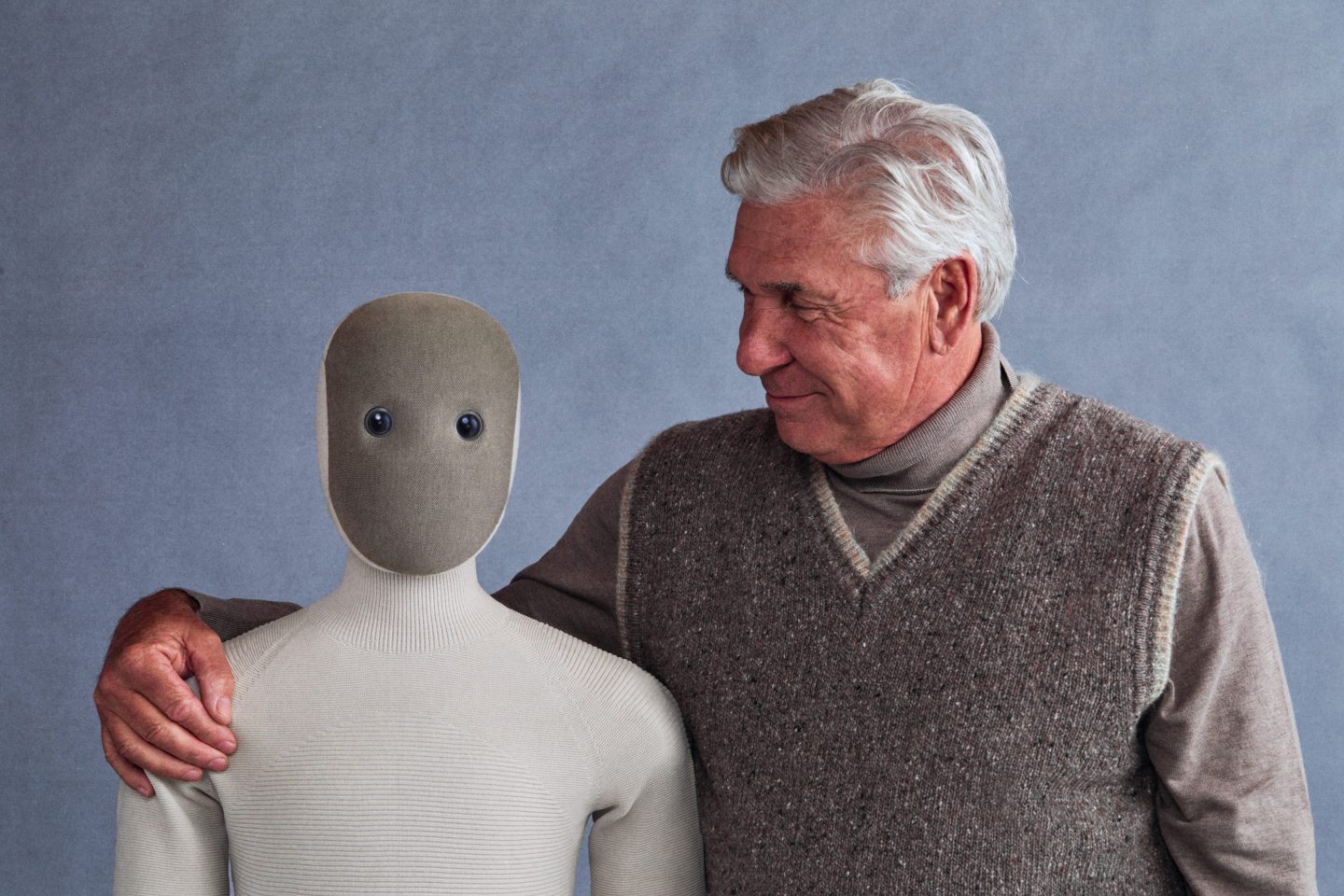Nearly one in five Gen Z workers is deeply worried artificial intelligence (AI) will put them out of work within the next two years, according to a recent survey by Deutsche Bank Research. The generational divide is stark: While nearly a quarter of young adults aged 18 to 34 gave high scores of concern on a 0-10 scale, only about one in 10 baby boomers and Gen Xers (aged 55 and above) expressed comparable anxiety. The research captures a snapshot of growing apprehension among the youngest segment of the global workforce as AI accelerates workplace transformation at an unprecedented pace.
The Deutsche Bank survey, conducted during the summer months across the U.S., Germany, France, Italy, Spain, and the U.K., sampled 10,000 people and found that 24% of workers aged 18-34 rated their job-loss concern at an 8 or higher, compared to just 10% among those 55 and older. While only 18% of all respondents said they were “very concerned” about losing their jobs to AI in the next two years, this number climbs to 22% when looking at a five-year horizon—signaling a widespread expectation AI threatens longer-term job security. Americans, in particular, showed higher levels of concern compared to their European peers for every time period measured, with the gap widening over time.
“The findings reveal a generational and geographical gap in adoption and trust, strong demand for AI training, and workers’ efforts to educate themselves,” research analysts Adrian Cox and Stefan Abrudan wrote. It’s an important statistical finding underscoring the truth that Federal Reserve chair Jerome Powell spoke about bluntly last week: “Kids coming out of college … are having a hard time finding jobs.”
Why the young feel more at risk to losing their jobs to AI
The findings dovetail with trends identified in AI-impacted sectors. Recent studies from Stanford and Harvard have spotlighted a sharp decline in junior employment at firms embracing AI in roles such as software engineering and customer service, while senior employment has held steady or grown. For instance, the U.S. Census Bureau reports unemployment among recent graduates, at 4.8%, now exceeds the national average of 4% for all workers. This is uneven, according to separate analyses. Apollo Global Management chief economist Torsten Slok has also noted the recent graduate unemployment rate is diverging for men and women.
AI’s speed, scale, and evolving functionality appear to amplify insecurity among early-career workers, who often fill roles most susceptible to automation and algorithmic displacement.
In contrast, older workers—typically occupying more senior or specialized roles—show little anxiety about AI disrupting their employment. The survey underscores that just 10% of respondents aged 55 and older see AI as a major threat to their jobs within the next two years. This demographic, having likely weathered numerous technological shifts, may feel more secure in their experience and ability to adapt, or be insulated by tenure and expertise.
A shadowy picture
Geography also plays a role. Americans exhibit greater anxiety and higher rates of AI use at work (56%) than their European counterparts (an average of 52% across major economies). Interestingly, Spain outpaces all countries in home AI use, though its workplace adoption rate is lower. Meanwhile, Germany and the U.K. display parallel rates of personal AI use, but Germans lag in workplace adoption, highlighting differences in corporate cultures and national readiness for AI integration.
This aligns with research from UBS chief economist Paul Donovan, who wrote a blog post last Friday, “The kids are alright?” finding the spike in U.S. youth unemployment contrasts with global trends.
“The U.S. labor market experience is peculiar,” he wrote. “Young Euro area workers have a record low unemployment rate. In the U.K., the young persons’ unemployment rate has fallen steadily.” Donovan concluded that “it seems highly implausible that AI uniquely hurts the employment prospects of younger U.S. workers.”
Goldman Sachs economist Pierfrancesco Mei took a different tack on Thursday with research underscoring another observation by Powell, that the U.S. is in a “low hiring, low firing environment.” Mei argued “job reallocation” has been in secular decline since the late 1990s, with churn instead driving “almost all the variation in turnover since the Great Recession.” As of 2025, he found churn was well below its pre-pandemic levels, something that “mostly fall[s] on younger workers.” In 2019, it took a young unemployed worker about 10 weeks to find a new job in a low-churn state, now that’s 12 weeks on average.
The Deutsche Bank study indicts training efforts by corporate actors, writing that “at-work training remains relatively limited, with only one in four respondents in Europe reporting having received any AI training to date, compared to nearly one in three in the U.S.” Although they don’t use the term, the analysts refer to the “shadow AI economy“: the dynamic where workers use AI in secret, even when not approved by their employer.
“Self-study patterns suggest some employees are trying to make up for the skills gap themselves,” the study says.
Amid these efforts, trust in AI lags behind usage. Even among regular users, about one-third assign low trust scores to AI-generated information, especially in sensitive areas like healthcare and personal finance.
For this story, Fortune used generative AI to help with an initial draft. An editor verified the accuracy of the information before publishing.













